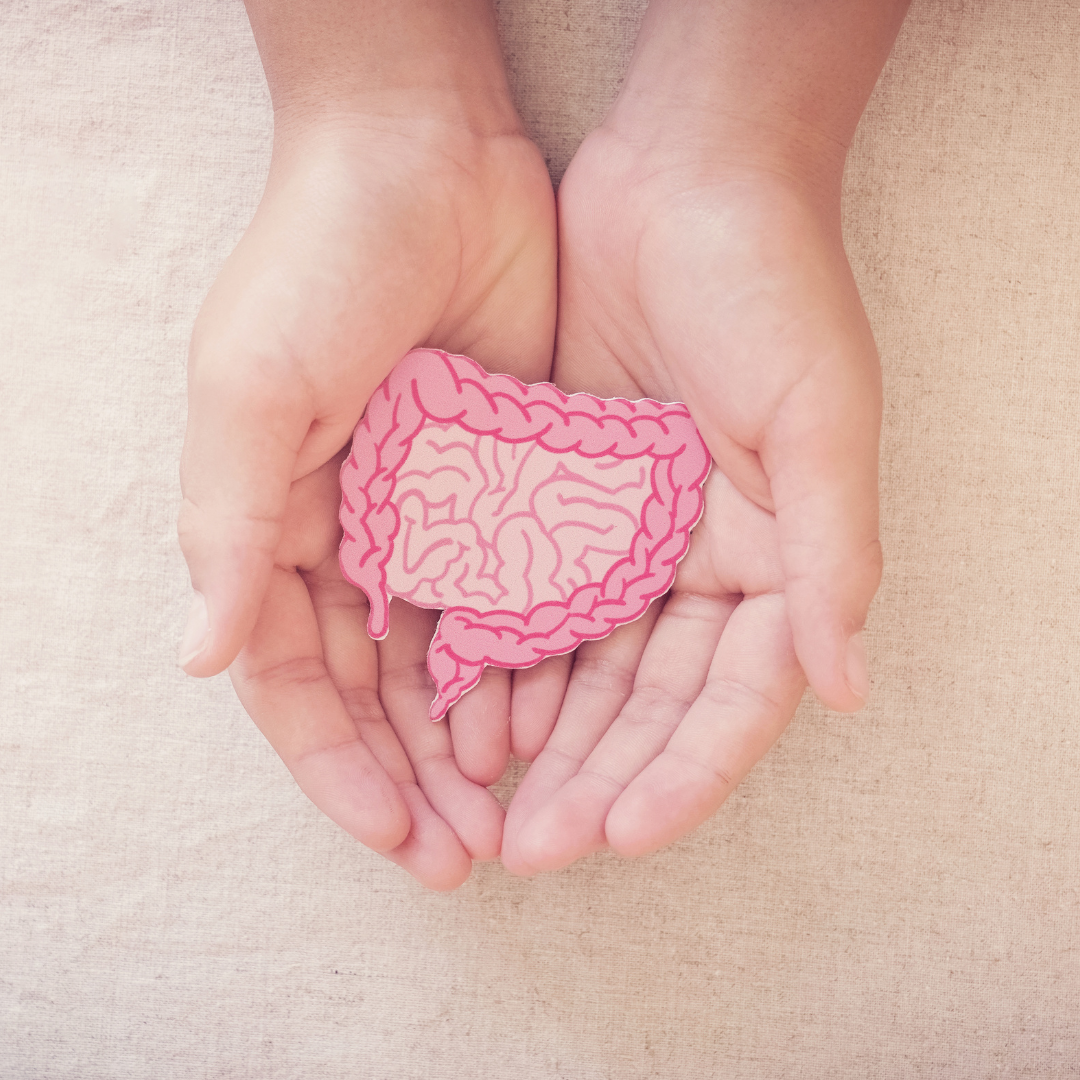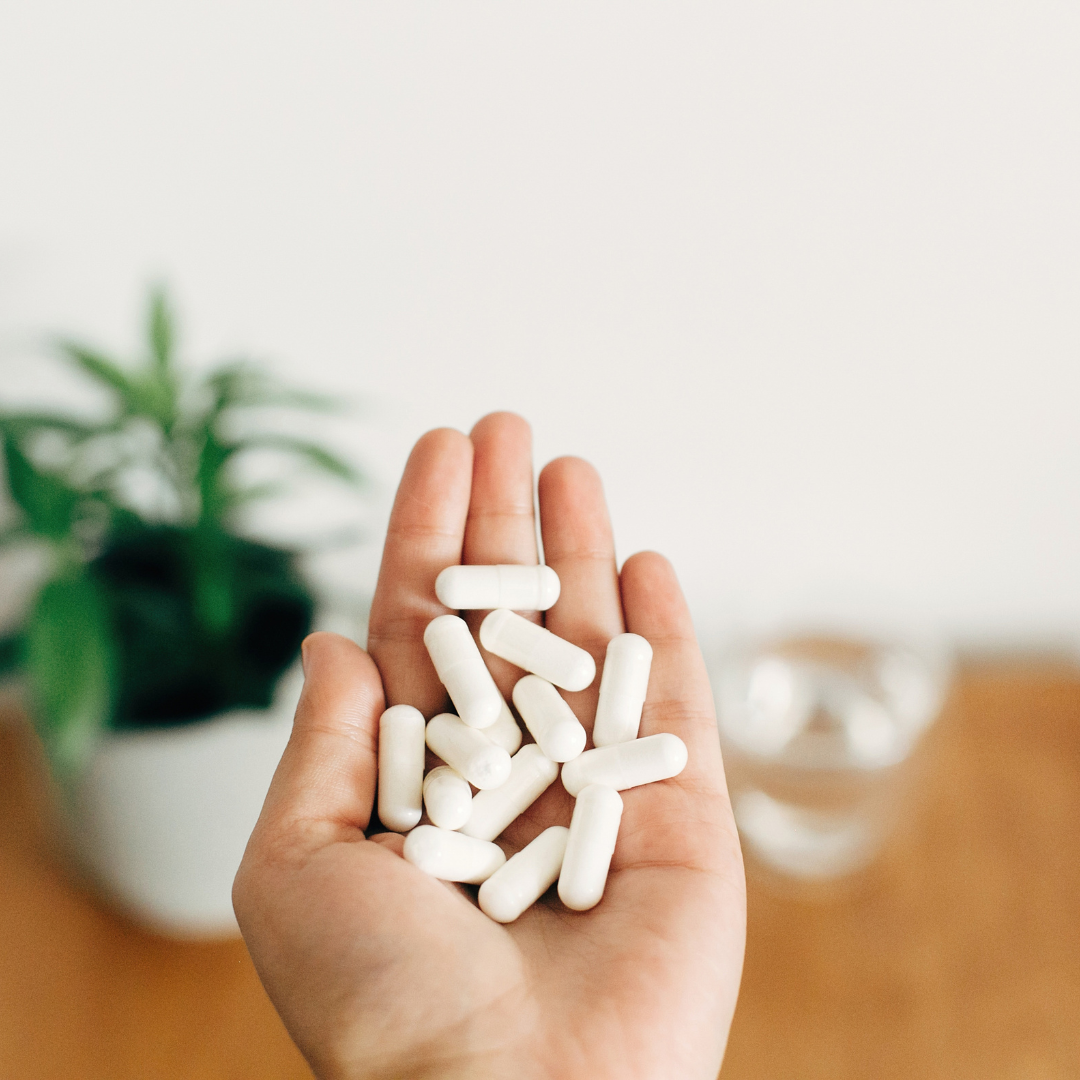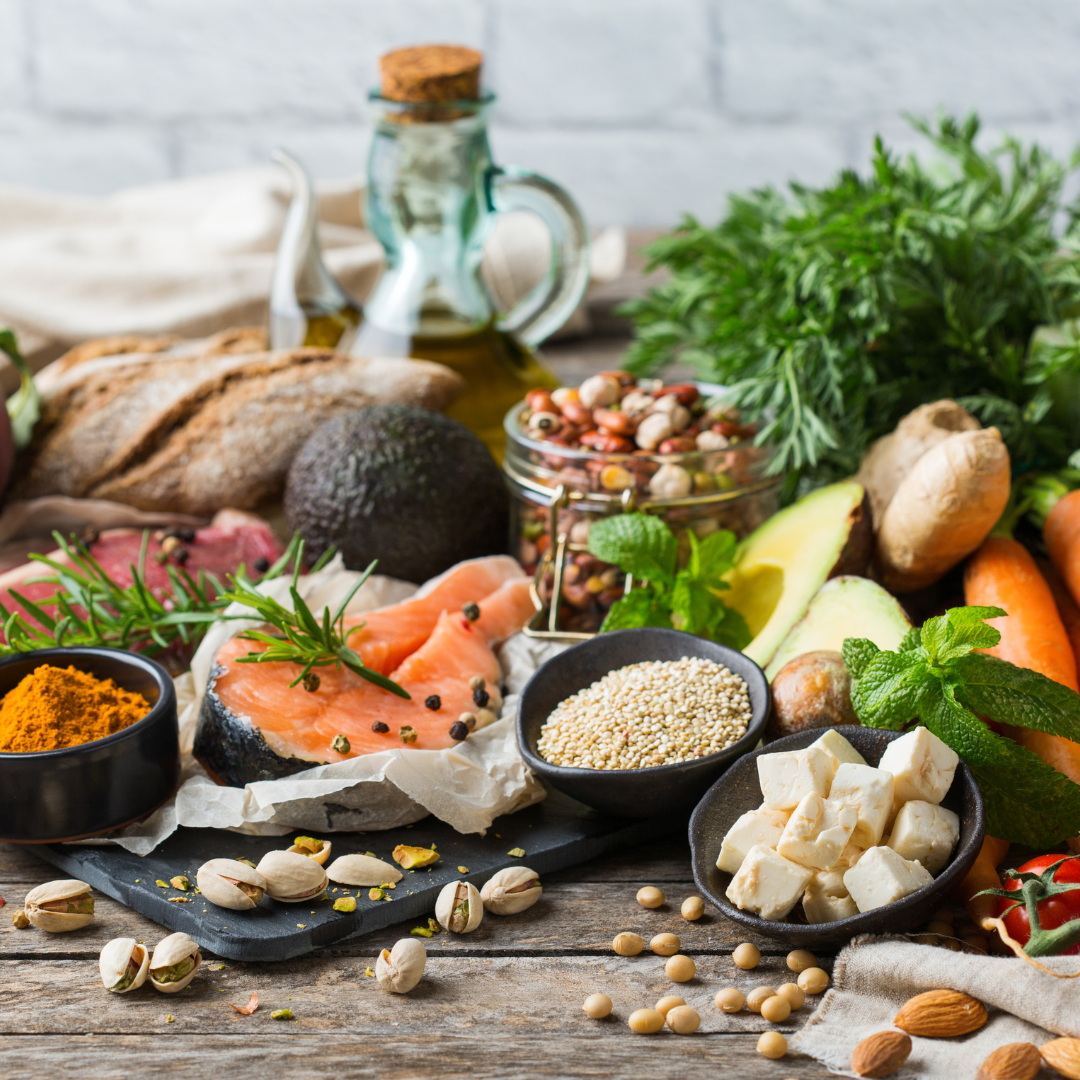Leaky Gut & Depression: Is There a Link Between Them?
When we think about the cause of depression we often only think about an imbalance of neurotransmitters in the brain. However, new research is beginning to uncover a whole-body connection to depression and gut health may be one of the most important connections.
More specifically, research has found a link between increased intestinal permeability (i.e. “leaky gut”) and an elevated risk for depression. Knowing more about what a leaky gut is, how it’s related to depression, and what we can do to “seal up” holes or cracks in the gut may be a key component in reversing depression in individuals who struggle with this condition.
What is “leaky gut”?
Our intestines, which are a part of the gastrointestinal tract (GI tract) beginning after the stomach, are shaped like a tube and have walls or barriers that help to regulate the absorption of nutrients, water, and electrolytes from within the intestines into the body’s circulation. They also help to prevent the entrance of large or undigested food particles, toxic substances, and pathogenic microorganisms into the body.[1]
The intestinal barrier is formed by epithelial cells and a mucus layer that are joined together by proteins called tight junctions. Tight junctions help to regulate what passes into the body from the intestines, but unfortunately, certain conditions can disrupt this system. These junctions can become loose which creates larger openings for unwanted or harmful substances to enter or “leak” into the body.[1]
What causes leaky gut?
The cause of leaky gut isn’t cut and dry. There seem to be many potential reasons and research is ongoing. And many times researchers are left wondering what came first- the leaky gut or the issue related to it. So it’s a bit of a chicken and egg situation.
However, there are some causes that seem to be well supported by research:
- Disruption in the microbiome
One important function of the gut microbiome is to develop and maintain the gut barrier throughout our lives.[1] However, disruptions in the microbiome at any point in life from genetic and/or environmental factors (e.g. diet, antibiotics, medications, allergens, stressors, toxins, heavy metals, infections, etc.) can disrupt the integrity of the gut barrier and increase permeability.[1][2]
- Food allergies or sensitivities
Some individuals have food allergies and/or sensitivities which means they react to certain foods and dietary proteins as if they were toxic or pathogenic. This causes an immune response and leads to inflammation of the mucosal barrier. In turn, this can lead to changes in the formation and function of tight junction proteins within the intestinal wall and lead to a leaky gut.[3]
A common example of this is Celiac disease which is caused by a gluten allergy. Celiac disease is known for causing structural changes in the small intestinal wall, allowing unwanted substances to leak into the body.[3]
- High blood sugar
High blood sugar levels or hyperglycemia have been shown to increase intestinal permeability both in mice and human studies.[4][5] This results from the negative impact high blood sugar levels have on the genes expressed by epithelial cells that are involved in maintaining tight junctions in the gut- leading to a decrease in gut barrier integrity.[5]
- Psychological stress
Studies on humans have shown that situations that cause acute stress can affect gut permeability. For example, when individuals are exposed to public speaking-based stressors, researchers found that small intestinal permeability was significantly elevated but only in individuals who also responded to the stressor with a significant increase in cortisol.[1][6] - Circadian rhythm disruptions
The circadian rhythm is the name for the various biochemical processes in our body that follow a roughly 24-hour cycle to regulate normal functions and behaviors. There is a “master body clock” found in the brain and “peripheral body clocks” found in organs (e.g. gut, pancreas, liver). They all need to be working in sync to keep everything they regulate on schedule.[7]
When disruptions in your circadian rhythm occur such as those seen in shift workers (or parents with babies)- due to abnormal sleep, light exposure, and eating patterns- this has been shown to increase the likelihood of developing a hyperpermeable gut.[7]
- Low vitamin D levels
Studies have found that low levels of vitamin D increase intestinal permeability. However, vitamin D supplementation improves the function of the gut barrier by reducing permeability by modulating the amount and distribution of tight junction proteins.[8]
How are leaky gut & depression linked?
Studies have found that individuals with major depressive disorder have elevated levels of various immune-inflammatory markers when compared to healthy control groups.[9] One reason for an increase in inflammation in these individuals might be due to an increase in intestinal permeability since it’s believed to play a major role in chronic low-grade inflammation in a number of different inflammatory disorders including depression.[1]
Leaky gut plays a role in inflammatory conditions because various substances from within the intestines including bacteria make their way out of the gut into the circulation and end up in places in the body where they shouldn’t be. When this happens, the immune system is triggered and this leads to inflammation.[9]
In individuals with depression, one location where inflammation is seen is in the central nervous system (CNS). Inflammation in the CNS has been shown to also change the function and integrity of the blood-brain barrier (BBB)- which is similar in structure to the gut barrier. This can affect the BBB’s ability to prevent unwanted substances (e.g. pathogens, toxins, and chemicals) in the bloodstream from entering the brain- further increasing inflammation in the CNS and elevating the likelihood of CNS diseases and psychiatric conditions.[3]
Moreover, research has found that the more severe the depression, the higher the inflammation and the greater the permeability of the gut barrier- with patients with a recent suicide attempt having the greatest increases in inflammation and permeability.[10]
How to test for leaky gut
Testing for leaky gut is a great way to get a better idea of whether or not it may be at the root of your depression. However, some of these tests can be expensive, so it may be beneficial to work with a Function Medicine or Nutrition Practitioner who can give you a better idea of which one(s) might be the best suited for you.
From a Functional Medicine approach, there are 5 tests that are often used to determine if someone is experiencing a leaky gut:
- Measuring Zonulin
Zonulin is a protein that controls the size of the tight junctions and high levels can indicate that the openings are too large. Checking blood serum levels of zonulin using an enzyme-linked immunosorbent assay test (ELISA) can help determine if gut permeability is too high. - Intestinal Permeability Assessment
This test is an assessment of the small intestinal absorption and barrier function. The test measures the ability of two sugar molecules- lactulose and mannitol- to permeate the gut lining. Learn more here https://www.gdx.net/product/intestinal-permeability-assessment-urine - Organic Acid Test
A common problem with a leaky gut is the malabsorption of nutrients which can lead to nutrient deficiencies. Organic acid tests can help to identify any nutritional deficiencies or issues with absorbing and using nutrients- including vitamins, minerals, protein, carbohydrates, and fats. They can also detect antioxidant, bacterial, and probiotic levels which can also be helpful information in relation to leaky gut. - Stool Test
Stool tests can help to determine the different levels and types of bacteria in the gut, the state of immune function within the gut, and the overall health of the gut. As well as reveal any inflammation that may be occurring. Reviewing all of these factors can help us know the likelihood of someone having a leaky gut. - IGg Food Sensitivity Test
Many individuals who have developed increased gut permeability have also developed food sensitivities. And, as mentioned earlier, food sensitivities may also be a cause of leaky gut or may provoke worsening of it. For this reason, testing for IGg food sensitivities can help someone get a better idea if they are experiencing a leaky gut.
How to heal a leaky gut
In Functional Nutrition, there is a method for repairing a leaky gut called the 4R approach:
Step 1: Remove
First, it is essential to remove the things that are having a negative impact on your digestive system. This often includes foods that are causing inflammation such as any food sensitivities or allergies, as well as highly processed foods and/or foods with unwanted additives, artificial flavors, colors, and preservatives. This would also include removing any infections in the GI tract.
Step 2: Replace
It’s important to replace any highly processed foods and/or ones with unwanted additives, etc. with whole, minimally processed foods. This also includes adding back in essential components for proper digestion and absorption of food such as hydrochloric acid (HCL), digestive enzymes, and biles acids through supplementation.
Step 3: Reinoculate
It’s crucial to restore beneficial bacteria in the gut to create a healthy balance of good bacteria to promote optimal function and maintenance of the tight junctions in the gut. This can be done through the combination of prebiotic and probiotic foods and/or supplements.
Step 4: Repair
To repair your gut, it’s important to provide your body with nutrients that will support this process such as vitamin D and zinc. Plus supplemental butyrate and L-glutamine have also shown beneficial effects on improving the health and function of the gut barrier and tight junctions.[11][12]
In addition to this, certain herbs are commonly used to repair the gut such as calendula, plantain, marshmallow root, and slippery elm. As well as herbal supplements like deglycyrrhizinated licorice (DGL) and curcumin.
Conclusion
When it comes to understanding the connection between increased intestinal permeability and depression, research is still in its early stages. However as time goes on, we will likely uncover more evidence connecting the two and learn more about what is leading to leaky gut in the first place in individuals with depression. Knowing this can further help us understand how to best approach sealing up a leaky gut and ultimately reverse depression.
REFERENCES
. Kelly JR, Kennedy PJ, Cryan JF, Dinan TG, Clarke G, Hyland NP. Breaking down the barriers: the gut microbiome, intestinal permeability and stress-related psychiatric disorders. Front Cell Neurosci. 2015;9:392. Published 2015 Oct 14. doi:10.3389/fncel.2015.00392
2. Slyepchenko A, Maes M, Jacka FN, et al. Gut Microbiota, Bacterial Translocation, and Interactions with Diet: Pathophysiological Links between Major Depressive Disorder and Non-Communicable Medical Comorbidities. Psychother Psychosom. 2017;86(1):31-46. doi:10.1159/000448957
3. Obrenovich MEM. Leaky Gut, Leaky Brain?. Microorganisms. 2018;6(4):107. Published 2018 Oct 18. doi:10.3390/microorganisms6040107
4. Camilleri M. Leaky gut: mechanisms, measurement and clinical implications in humans. Gut. 2019;68(8):1516-1526. doi:10.1136/gutjnl-2019-318427
5. Thaiss CA, Levy M, Grosheva I, et al. Hyperglycemia drives intestinal barrier dysfunction and risk for enteric infection. Science. 2018;359(6382):1376-1383. doi:10.1126/science.aar3318
6. Vanuytsel T, van Wanrooy S, Vanheel H, et al. Psychological stress and corticotropin-releasing hormone increase intestinal permeability in humans by a mast cell-dependent mechanism. Gut. 2014;63(8):1293-1299. doi:10.1136/gutjnl-2013-305690
7. Summa KC, Voigt RM, Forsyth CB, et al. Disruption of the Circadian Clock in Mice Increases Intestinal Permeability and Promotes Alcohol-Induced Hepatic Pathology and Inflammation. PLoS One. 2013;8(6):e67102. Published 2013 Jun 18. doi:10.1371/journal.pone.0067102
8. Yamamoto EA, Jørgensen TN. Relationships Between Vitamin D, Gut Microbiome, and Systemic Autoimmunity. Front Immunol. 2020;10:3141. Published 2020 Jan 21. doi:10.3389/fimmu.2019.03141
9. Slyepchenko A, Maes M, Jacka FN, et al. Gut Microbiota, Bacterial Translocation, and Interactions with Diet: Pathophysiological Links between Major Depressive Disorder and Non-Communicable Medical Comorbidities. Psychother Psychosom. 2017;86(1):31-46. doi:10.1159/000448957
10. Ohlsson L, Gustafsson A, Lavant E, et al. Leaky gut biomarkers in depression and suicidal behavior [published correction appears in Acta Psychiatr Scand. 2020 Nov;142(5):423]. Acta Psychiatr Scand. 2019;139(2):185-193. doi:10.1111/acps.12978
11. Michielan A, D’Incà R. Intestinal Permeability in Inflammatory Bowel Disease: Pathogenesis, Clinical Evaluation, and Therapy of Leaky Gut. Mediators Inflamm. 2015;2015:628157. doi:10.1155/2015/628157
12. Wang B, Wu G, Zhou Z, et al. Glutamine and intestinal barrier function. Amino Acids. 2015;47(10):2143-2154. doi:10.1007/s00726-014-1773-4




